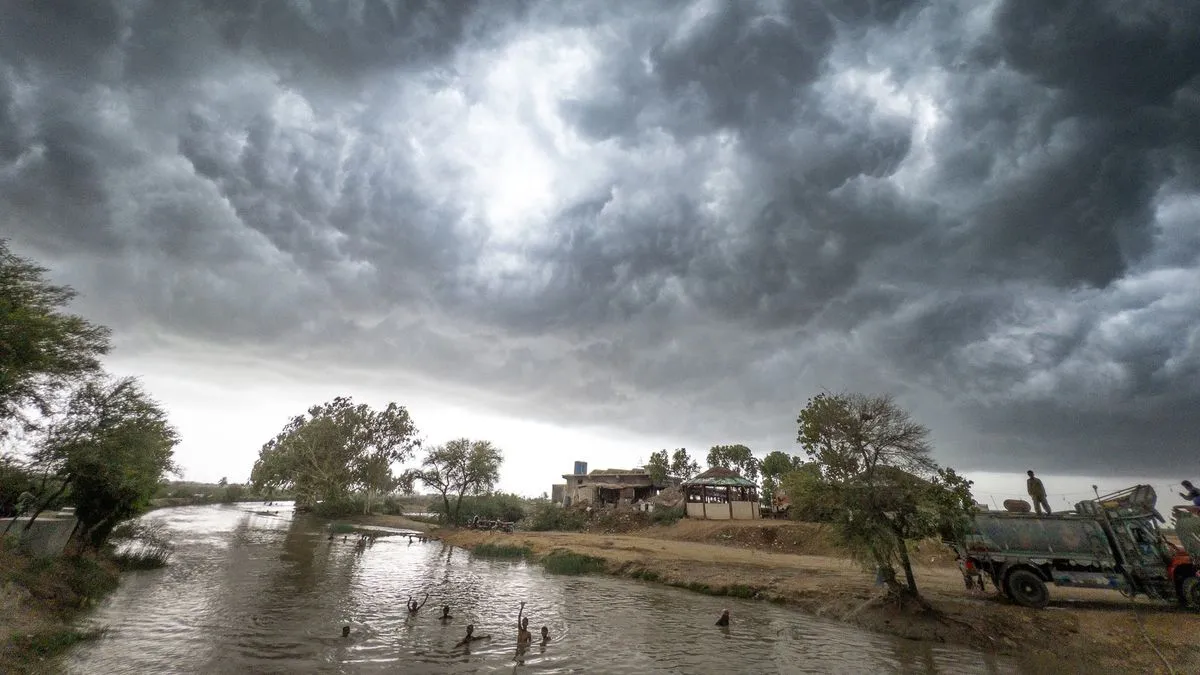Monsoon: How Gulf Stream Collapse Threatens Tropical Weather Patterns

Monsoon Weather at Risk
The potential collapse of the Gulf Stream could severely disrupt monsoon weather patterns for at least 100 years. This event could lead to dramatic changes in monsoon rains across the globe, impacting not only regional climates but also global climate trends.
Exploring the Risks
- Atlantic Meridional Overturning Circulation (AMOC) is crucial for maintaining stable weather.
- Intertropical Convergence Zone greatly influences monsoon behavior.
- Climate change may exacerbate these conditions.
As the Gulf Stream weakens, we may witness unprecedented monsoon season shifts, raising questions about future climate patterns. Scientists are urging the need for urgent climate science research to anticipate potential outcomes.
This article was prepared using information from open sources in accordance with the principles of Ethical Policy. The editorial team is not responsible for absolute accuracy, as it relies on data from the sources referenced.